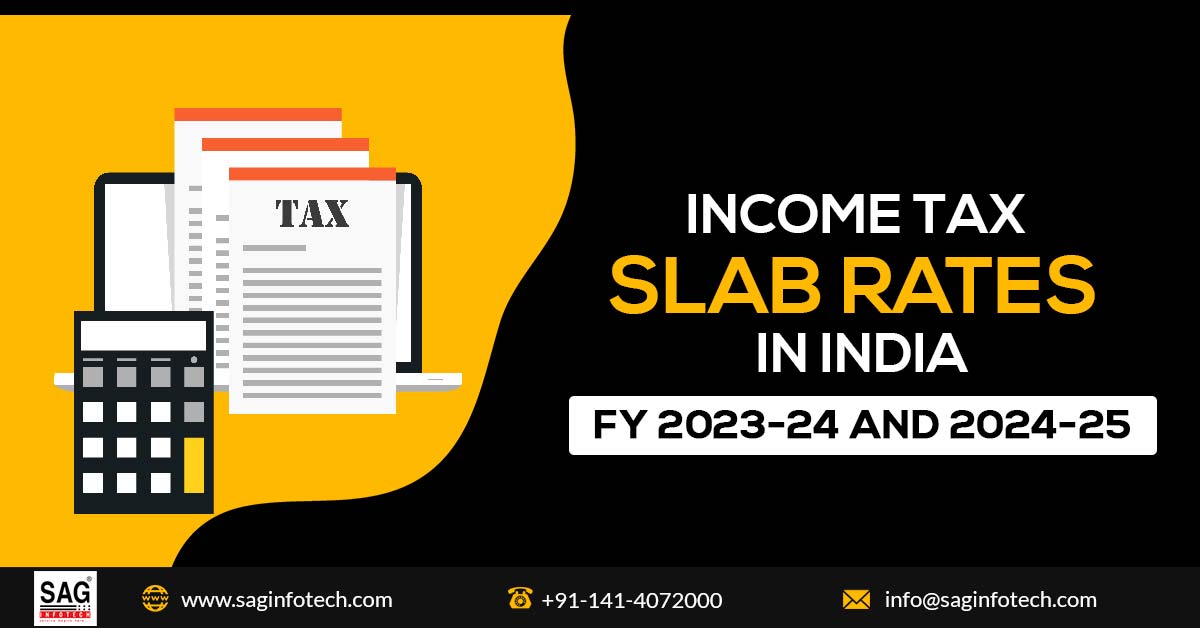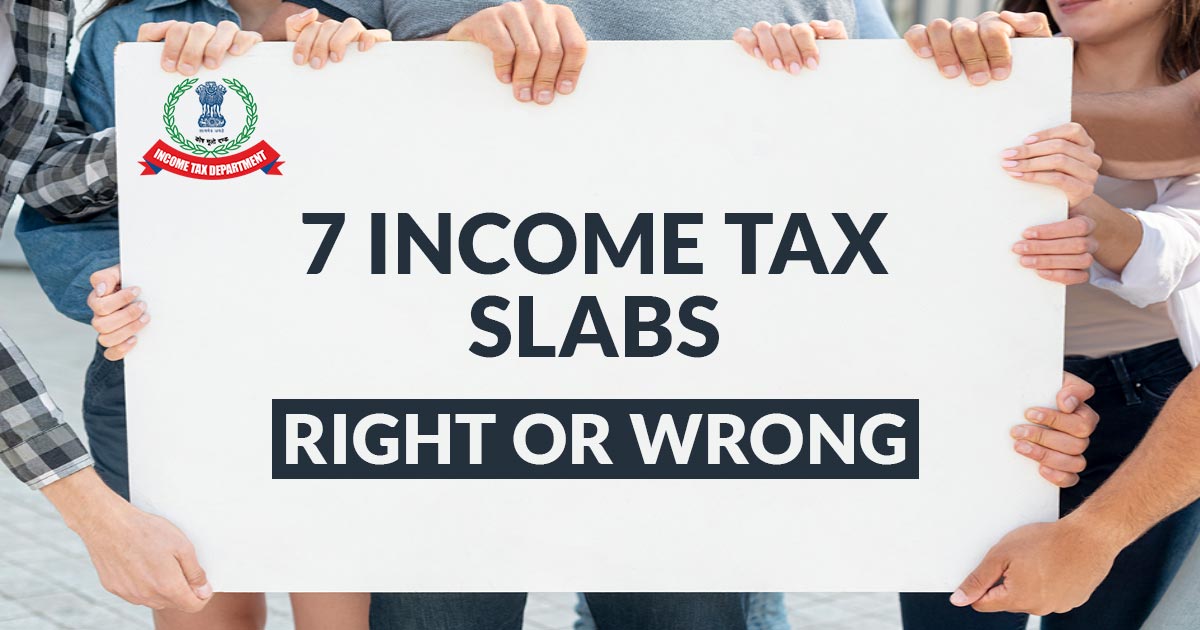The tax council will no more provide any privilege to any business unless it is not important. As per the reference in the talks amid the Department for Promotion of Industry and internal trade DPIIT along with the revenue council, the north block has refused the plan to prolong the incorporation cut-off date for startups in the tax advantages.

Under Sec 80-IAC of the Income Tax Act 
“The proposal was to Revise the definition of Eligible Start-Ups for tax benefits under Sec 80-IAC of Income Tax Act but the Tax Dept clearly told DPIIT, that the government policy is to remove all income tax exemptions and reduce income tax rates.”
Through the act of finance 2018, the tax advantage to the start-ups has incorporated within a 5 year period under section 80-IAC.
During the refusal, the tax council says that “In this connection, it may kindly be noted that the stated policy of the Government is to remove all income-tax exemption and simultaneously reduce the tax rate 
As an exception to the stated policy of the Government, the start-ups incorporated during the period from 1st March 2016 to 31st March 2019 were only allowed exemption. This limited period was already extended on the request of DPIIT up to 31st March 2021 vide Finance Act, 2018.
“In view of the stated policy of the Government to remove all income tax exemptions and reduction in the income-tax rate, the proposal to further extend the exemption for a period of five years is not acceptable,” as per the reference.”
“We have a thriving startup ecosystem now and this benefit is not required. As rightly pointed out, India now has very low corporate tax rates and policy has been to reduce tax rates and get rid of exemptions and deductions. Moreover, for the initial few years, it’s not very common for startups to report profits.”
“The current Government since its inception has aimed at eliminating various tax exemptions and providing a beneficial lower tax rate to all taxpayers. As an exception, a tax holiday was provided to startups incorporated between April 1, 2016 and March 31, 2021 to encourage entrepreneurship and ideation in India. Currently, most other tax holidays have met their sunset clause and stand withdrawn with the corporate tax rate having been slashed to as low as 15 percent. Considering the unexpected and unprecedented contraction of the economy, extending the tax holiday to startups would perchance make headway to achieve the new Atmanirbhar Bharat Mission of the Government.”
Read Also: 7 Income Tax Slabs Under New System, Right or Wrong 
“The lower corporate tax rates may extend limited relief to taxpayers but a tax holiday also entices foreign funding. As income tax holiday provides an exemption from tax for 3 profitable years out of 10 years, it is generally beneficial to startups that usually incur losses in the nascent stage and become profitable later, in which case a lower tax regime is comparatively lesser advantageous.”









